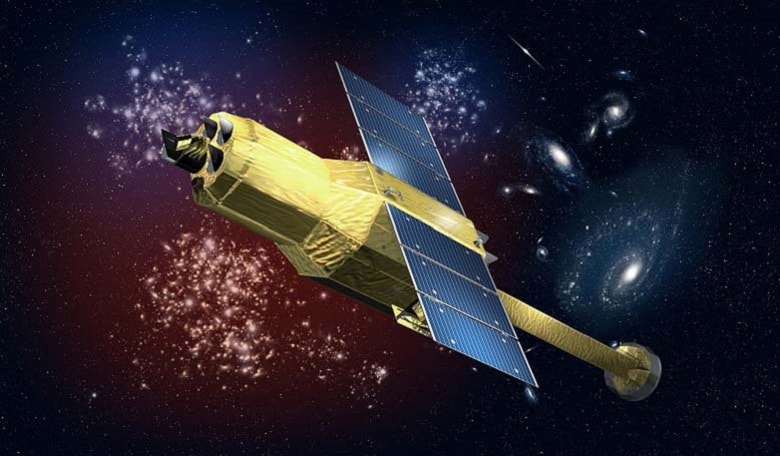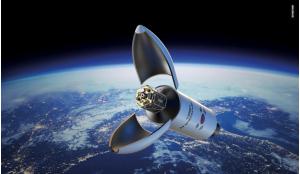At a panel on international cooperation in space at the National Academies in Washington, DC on March 29, Masaki Fujimoto, director of international strategy and coordination at the Institute for Space and Astronautical Science at the Japan Aerospace Exploration Agency (JAXA), said that he still believed regaining control of the Hitomi astronomy satellite was possible, but is likely to take a few months. “There’s hope for recovery unless the spacecraft is severely damaged,” he said. “We haven’t given up recovery of the spacecraft.” Hitomi is mostly intact despite an incident that happened on March 25, that generated debris and caused the satellite to tumble.
Fujimoto also said that controllers have detected brief radio signals from Hitomi since the incident, though JAXA has so far been unable to figure out the state of its health.
Hitomi, an x-ray astronomy satellite, was launched on February 17th and was in the middle of a three-month testing and instrument calibration period, when contact with the satellite was lost on March 26. According to Fujimoto, “During its initial operation it was working perfectly.”
Hitomi’s problems, he said, likely started with a loss of attitude control in the spacecraft, which disrupted the spacecraft’s ability to generate power from its solar panels and communicate with the ground. What caused that loss of attitude control isn’t known, and he declined to speculate after the panel on potential causes.
In its statement, JAXA said it was using Japanese radars and telescopes to track Hitomi. A telescope had seen two objects in Hitomi’s original orbit, while a radar detected one, which JAXA said corresponded with the one transmitting radio signals most recently detected on the ground.
Fujimoto said JAXA is working on a plan to recover the spacecraft once it is able to restore communications and stop the spacecraft from tumbling. He cautioned, though, that any recovery of Hitomi will be a long-term effort. “The recovery will require months, not days,” he said. “That’s the kind of timescale he have in mind.”











